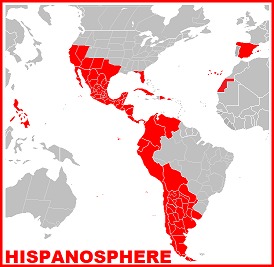Ecuador proposes creating human rights commission as alternative to IACHR Quito, November 19 (EFE) – Ecuador proposed the creation of a human rights commission for the Community of Latin American and Caribbean States (CELAC) as an alternative to the IACHR, which it has criticised for the supposed influence of the United States, according to its vice-chancellor Kintto Lucas (pictured). Ecuadorean president Rafael Correa sees CELAC, from which the USA and Canada are excluded, as a substitute for the Organisation of American States (OAS), in which the Inter-American Commission on Human Rights (IACHR) is incorporated as an autonomous body. “In some ways CELAC is assuming some responsibilities that the OAS has been unable to … precisely because for a long time it was managed under the tutelage of the United States”, Lucas said in an interview with EFE. “It is difficult to ditch this ballast”, he added. In recent weeks Correa has accused the IACHR, which analysed the position of freed
